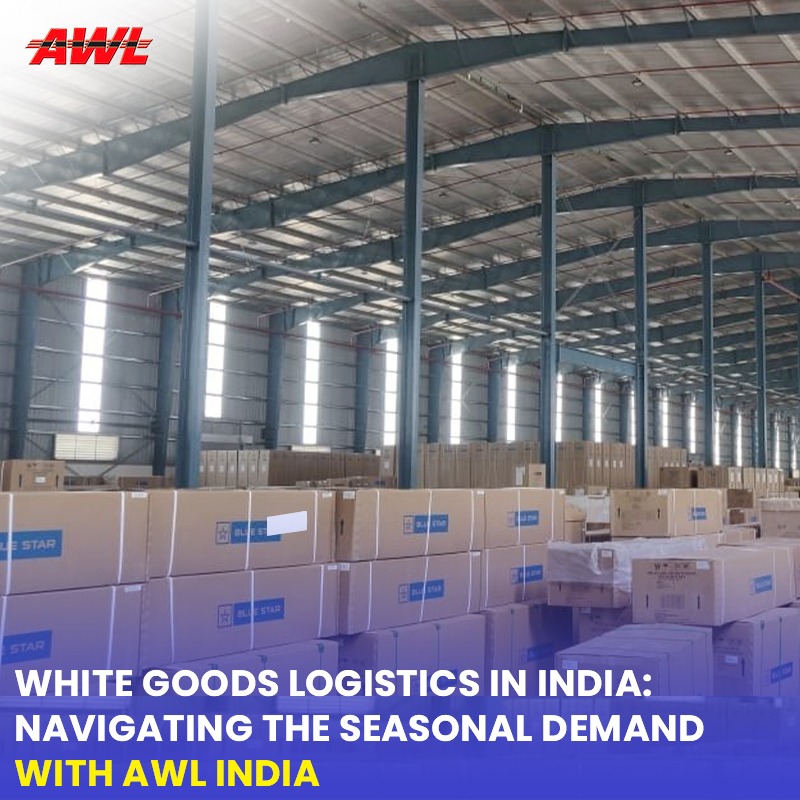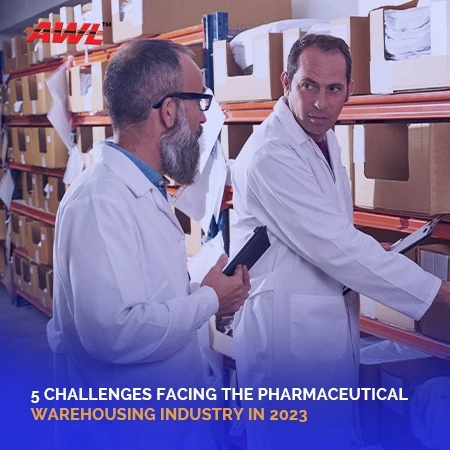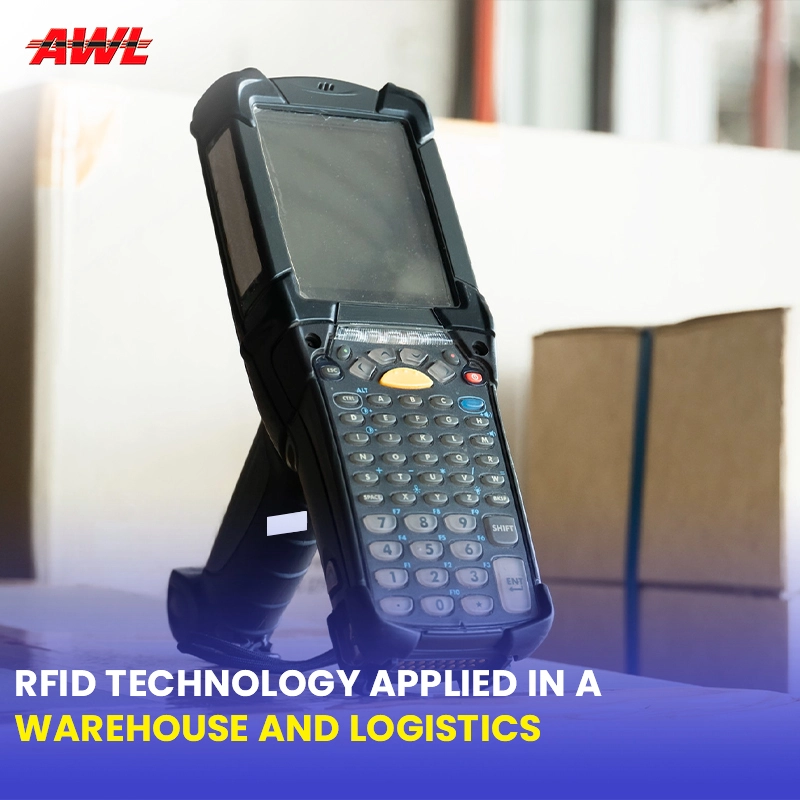

The pharmaceutical industry in India has been experiencing exponential growth in recent years. The sector has become a significant contributor to the Indian economy and has attracted considerable investment. The demand for pharmaceutical products has been increasing at an unprecedented rate due to factors such as a growing population, an increase in chronic diseases, and a rise in healthcare expenditure. With the growth in demand for pharmaceutical products, the pharmaceutical warehousing industry in India has also been growing. Pharmaceutical warehousing plays a crucial role in the pharmaceutical supply chain by ensuring that pharmaceutical products are stored, transported, and managed effectively.
AWL India has been at the forefront of this industry, providing high-quality warehousing services to their clients. Their expertise in managing pharmaceutical products has made them one of the leading players in the industry. Despite the growth in the pharmaceutical warehousing industry, it faces several challenges that must be addressed in 2023. These challenges include ensuring compliance with regulatory standards, managing cold chain logistics, adapting to technological advances, ensuring supply chain resilience, and managing inventory and stockouts. Ensuring compliance with regulatory standards is crucial to maintaining the safety and efficacy of pharmaceutical products. The pharmaceutical industry is one of the most heavily regulated industries. AWL India needs to keep up-to-date with the latest regulations and guidelines to ensure that their warehousing services are compliant.
There is a wide range of challenges that are being faced by the pharmaceutical warehousing industry. Moreover, today we have compiled a list of the top 5 challenges faced by the pharmaceutical warehousing industry in 2023:
Regulatory compliance is a critical aspect of the pharmaceutical industry. The industry is subject to various regulations and guidelines from local and international regulatory bodies, such as the Food and Drug Administration (FDA) and the World Health Organization (WHO). These regulations ensure that pharmaceutical products are safe, effective, and high-quality. AWL India has been providing warehousing services to the pharmaceutical industry for many years, and they have a deep understanding of the regulatory landscape. Regulatory bodies are updating their guidelines and regulations to reflect new technologies, changing consumer needs, and emerging risks. This means that AWL India needs to stay up-to-date with the latest regulations and ensure that their warehousing services are compliant with these regulations.
Pharmaceutical products are often sensitive to temperature changes and can become ineffective if not stored and transported under the right conditions. Maintaining the cold chain is critical to ensuring that pharmaceutical products maintain efficacy. The cold chain refers to the temperature-controlled supply chain used to maintain the quality and integrity of pharmaceutical products. AWL India has been providing cold chain logistics services to the pharmaceutical industry for many years, and they understand the importance of maintaining the cold chain. They have invested in temperature-controlled storage facilities, specialised transportation vehicles, and trained personnel to manage cold chain logistics. Their expertise in managing the cold chain has made them a trusted partner in the pharmaceutical industry.
The pharmaceutical warehousing industry is experiencing a rapid technological transformation. These technological advancements are revolutionising how pharmaceutical products are stored, transported, and managed. AWL India adapts to these technological advances to provide its clients with the best possible warehousing services. Automation, robotics, and artificial intelligence are some of the new technologies that are changing the pharmaceutical warehousing industry. These technologies can significantly improve the efficiency of the warehousing process and reduce costs. For instance, automated storage and retrieval systems (ASRS) can automate the handling and storage of pharmaceutical products, reducing the risk of human error and improving efficiency. Robotics can also help handle pharmaceutical products, such as picking, packing, and sorting, reducing the need for manual labour and increasing efficiency.
The COVID-19 pandemic highlighted the importance of supply chain resilience. The pharmaceutical industry is no exception, and ensuring supply chain resilience is critical to ensure that pharmaceutical products are available when needed. AWL India ensures that their warehousing services are resilient to supply chain disruptions, such as natural disasters, political instability, and pandemics.
Managing inventory and stockouts is a significant challenge in the pharmaceutical industry. Pharmaceutical products have a limited shelf life, and stockouts can have serious consequences, such as delays in patient treatment and loss of revenue. AWL India needs to ensure that they can manage inventory effectively and minimise stockouts to ensure that their client's needs are met.
In conclusion, the pharmaceutical warehousing industry in 2023 is facing several challenges that require careful consideration and planning. The industry must address issues such as compliance with regulatory standards, managing cold chain logistics, adapting to technological advances, ensuring supply chain resilience, and managing inventory and stockouts. Companies operating in this sector, such as AWL India, must be proactive in their approach to addressing these challenges to provide high-quality warehousing services to their clients and remain competitive in the industry. By doing so, the industry can continue to grow and innovate, ensuring that pharmaceutical products are stored and transported safely and efficiently.

